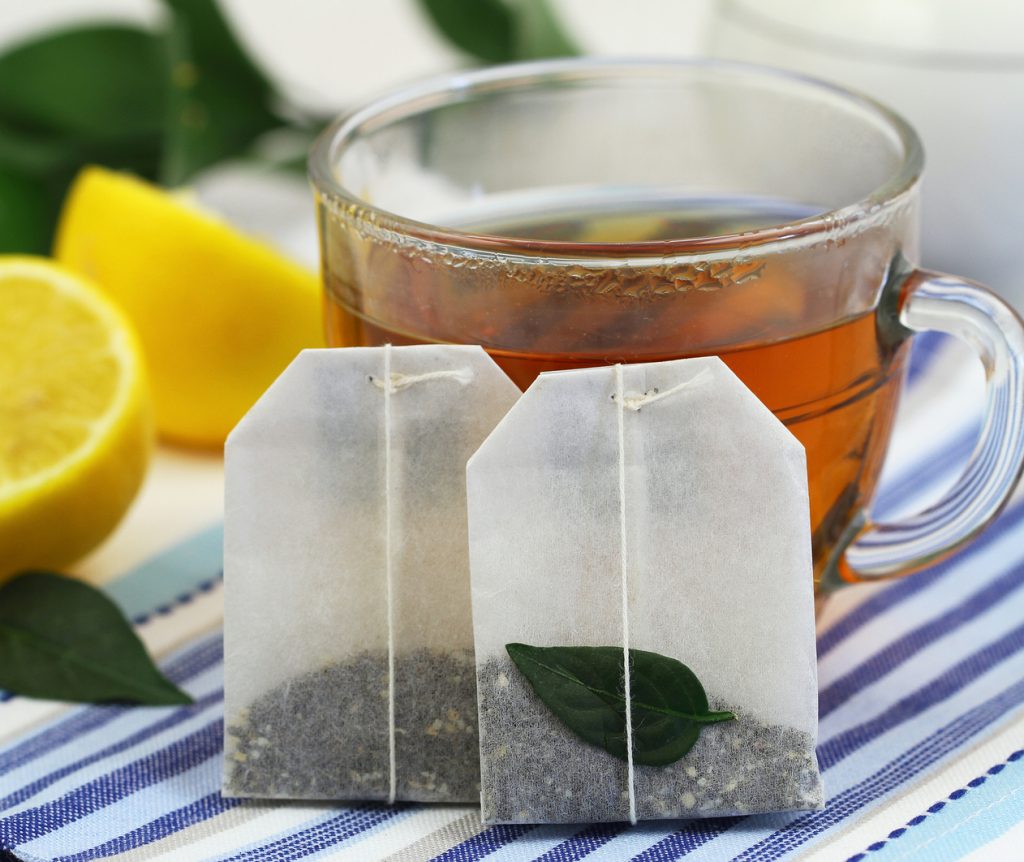
Can You Put a Tea Bag in the Microwave?
The aroma of freshly brewed tea fills the air, promising a moment of respite and comfort. As we prepare this time-honored beverage, a question arises: can the convenience of the microwave expedite the brewing process? Let’s explore the answer to this intriguing query, examining both the practicalities and potential caveats.
The allure of microwaving tea lies in its perceived speed and convenience. However, it’s crucial to proceed with caution when venturing into this realm. While microwaving a tea bag may seem harmless, certain factors need careful consideration.
Microwaving Tea: Unraveling the Nuances
Before delving into the intricacies of microwaving tea, it’s essential to clarify what this unconventional method entails. Unlike conventional brewing, which involves steeping a tea bag in hot water, microwaving involves immersing the tea bag in a cup of cold water and heating it directly in the microwave.
The key difference lies in the omission of an intermediary heating step. Instead, the microwave’s radiation directly interacts with the water molecules, causing them to vibrate and generate heat. This accelerated heating process can significantly reduce brewing time.
Unveiling the Drawbacks
While the allure of speed is undeniable, it’s essential to acknowledge the potential drawbacks associated with microwaving tea. One primary concern lies in the degradation of tea’s delicate flavor profile.
When tea leaves are exposed to the intense heat of the microwave, their intricate flavor compounds can become compromised. This can result in a diminished taste experience, characterized by a loss of subtle nuances and a potential bitterness.
Unveiling the Hidden Perils
Beyond the potential flavor degradation, microwaving tea can also pose certain safety hazards that warrant attention. When heated in the microwave, water can reach extremely high temperatures without visibly boiling. This phenomenon, known as superheating, can lead to a sudden and violent eruption upon being disturbed.
To mitigate this risk, it’s crucial to stir the water thoroughly before and during the heating process. This gentle agitation promotes the formation of bubbles, which serve as nucleation points for boiling and prevent the buildup of excessive heat. Failure to do so can result in a sudden and potentially hazardous expulsion of hot water.
Expert Insights: Navigating the Microwave Maze
To ensure a safe and enjoyable microwaved tea experience, it’s prudent to heed the advice of experts. One key recommendation is to use a microwave-safe container to minimize the risk of breakage or leaching of harmful chemicals into the tea. Moreover, it’s advisable to heat the water in short intervals, stirring intermittently, to prevent superheating.
Additionally, experts suggest using loose-leaf tea rather than tea bags when microwaving. Loose-leaf tea allows for more precise control over the brewing process and produces a fuller flavor. To achieve the desired strength, simply adjust the amount of loose-leaf tea used.
General FAQ: Demystifying Microwaved Tea
To further enhance your understanding, here are answers to some commonly asked questions about microwaving tea:
- Is it safe to put a tea bag in the microwave?
Yes, as long as you take precautions to prevent superheating. Use a microwave-safe container, stir the water thoroughly, and heat in short intervals. - How long should I microwave tea?
The optimal heating time depends on the desired strength. Start with short intervals (e.g., 10 seconds) and gradually increase as needed, stirring in between. - What type of tea is best for microwaving?
Loose-leaf tea is preferable to tea bags as it allows for greater control over the brewing process and produces a fuller flavor. - Can I microwave flavored tea bags?
Yes, but be aware that the intense heat can potentially alter the flavor profile of flavored teas.
Conclusion: Embracing Informed Choices
While the microwave can offer a speedy alternative to traditional tea brewing, it’s crucial to weigh the potential drawbacks and safety considerations before embracing this method. By adhering to expert advice and taking appropriate precautions, you can mitigate the risks and enjoy the convenience of microwaved tea without compromising its delicate flavor or safety.
Ultimately, the decision of whether or not to microwave tea is a personal one. If you prioritize speed and convenience above all else, microwaving tea may be a viable option for you. However, if you value the nuances of tea’s flavor profile and prioritize safety, it’s advisable to stick to conventional brewing methods.
Are you interested in learning more about the art and science of tea brewing? Join the conversation on our online forum, where tea enthusiasts share their experiences, tips, and insights.

Image: thecoffeestir.com

Image: iloverelationship.com
It’s BYOK(ernels) With This Re-Usable Microwave Popcorn Bag | Gizmodo … Research shows preparing tea in a microwave might actually make it healthier for you. Led by food scientist Quan Vuong, the research found that a specific brewing technique using a microwave for half a minute activated 80 percent of caffeine, theanine (a relaxation-inducing amino acid), and polyphenol (antioxidants that prevent degenerative